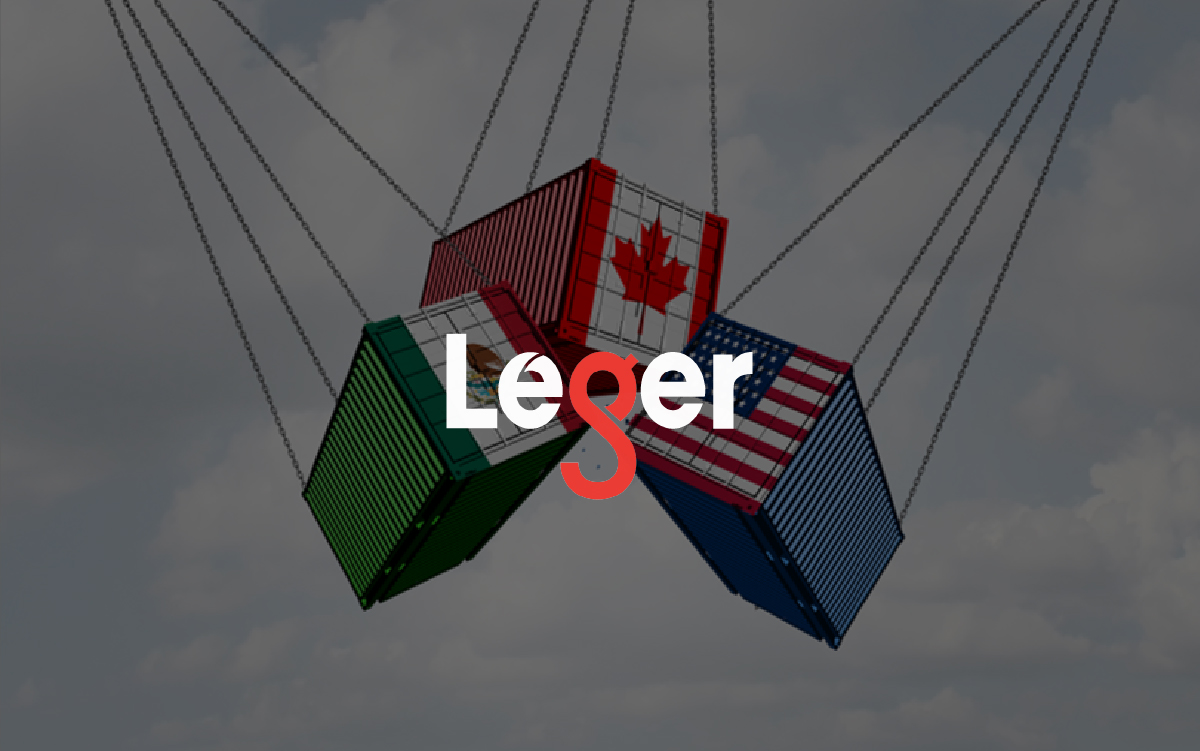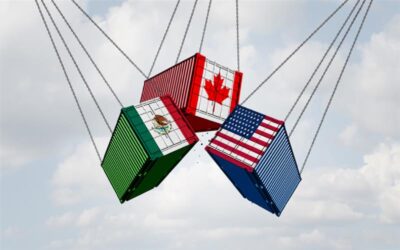Every week during this tumultuous period, we conduct a survey of Canadians and Americans to explore their views on the economy and their finances.
Highlights include…
Americans Speak Out
As the U.S. economy navigates a turbulent period marked by shifting trade policies, American consumers and businesses are feeling the impact of President Trump’s tariffs. Our weekly tracker among Americans and Canadians reveals how these policies are shaping economic sentiment, consumer behavior, and political perspectives.
Economic Anxiety and Job Insecurity
Inflation remains the top concern for Americans, with 31% citing it as the most pressing issue. As consumer prices rise, 78% of Americans report increased costs, deepening economic uncertainty. At the same time, 41% of employed Americans are anxious about losing their jobs in the next year. With trade tensions and shifting policies affecting industries across the nation, many are left questioning their financial stability. This combination of rising costs and job insecurity is contributing to a growing sense of economic unease.
The Price of Tariffs
Trade policies remain a divisive issue, with 35% of Americans supporting tariffs on Canadian imports. However, there is a growing concern about the unintended consequences of these measures—53% believe that tariffs negatively impact the U.S. economy. Grocery prices, in particular, are a major point of anxiety: 72% of Americans are worried that tariffs will drive up costs for essential items like dairy, eggs, and meat, and an overwhelming 89% stress the importance of preventing such price hikes.
The Musk Factor
Elon Musk’s appointment as the head of the Department of Government Efficiency (DOGE) has sparked mixed reactions. While 37% of Americans view him favorably, 48% hold an unfavorable opinion. His primary objective—reducing the size of the federal government—has also divided public opinion: 43% support his efforts, while 44% oppose them. His push to streamline government operations and cut spending could have far-reaching effects on the economy, potentially reshaping how federal resources are allocated and impacting government services, jobs, and overall economic efficiency.
Looking Ahead
While some support protectionist trade policies, the broader economic impact raises growing concerns. Inflation, job insecurity, and rising grocery prices have fueled skepticism about the long-term benefits of tariffs. Public sentiment is shifting toward caution as Americans grapple with the immediate costs and uncertain future of these policies.
Methodology
This web survey on the economy was conducted from March 14-16, 2025, with 1,568 Canadians and 1,013 U.S. residents, 18 years of age or older, randomly recruited from LEO’s online panel.
A margin of error cannot be associated with a non-probability sample in a panel survey. For comparison purposes, a probability sample of this size yields a margin of error no greater than ±2.50%, (19 times out of 20) for the Canadian sample and ±3.10%, (19 times out of 20) for the American sample.



